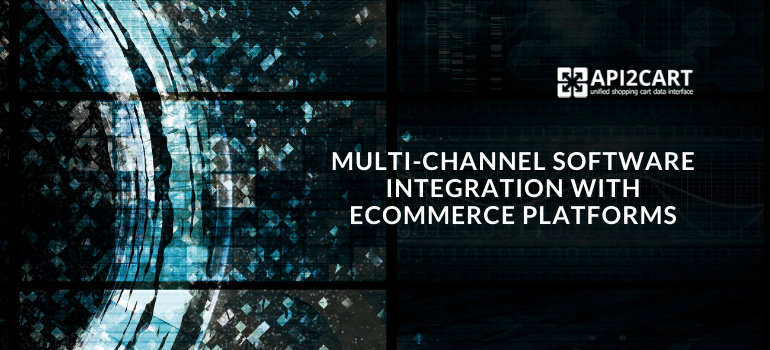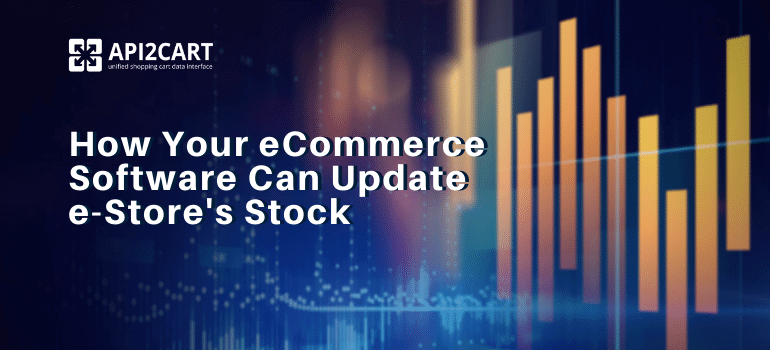
Going multichannel has already turned into a new standard of eCommerce. It allows retailers to reach up to 120% more customersthrough being presented at the maximum possible relevant platforms.
So, nowadays retailers do not ask themselves Should I get listed on Amazon or eBay? same as they do not doubt whether to sell on a marketplace or to host their own store. They do it all simply not to get out of the race. However, it must be feeling like hell to update their product list and manage selling process on dozens of various platforms separately, so they prefer to rely on a multichannel software to automate these functions.
Basic Functions Retailers are Looking for in a Multichannel Solutions
Multichannel software allows retailers to provide a unified and consistent customer experience across multiple online sales channels. For example, it allows controlling business processes connected with inventory management, order fulfillment, shipping management, synchronizing product listings, etc.
In particular, the high-quality multichannel solution should perform the next functions:
- Managing orders throughout all sales channels from a single screen.
- Controlling inventory stock levels and shipping from a single place.
- Update prices on all platforms from one system.
- Distribute products lists to all the platforms.
Clearly, the ability to manage orders and products on multiple platforms is the backbone of any software for multichannel commerce. Also, if any multichannel solution provider wants to be able to work with such kind of data from online stores, he should develop the integration with the shopping platforms that are used by those stores.
The quality of eCommerce multichannel software depends on its level and quality of integration with shopping platforms. Integration means tying a multichannel solution with a third party, so should something go wrong and an information loss or distortion occurs, and a whole lot of integrated processes will go on the blink.
The easiest way to develop the integration with multiple eCommerce platforms at once is to use API2Cart. Also, API2Cart provides a full set of API methods for working with data from online stores.
API Methods for Multichannel Software
Let us take a closer look at these methods that make a multichannel system an all-encompassing superhero solution:
- for working with products:
- for working with categories:
-
- category.add/ list/ update/ delete
- category.assign/unassign
- category.image.add/ update/ delete
- for working with prices:
-
- product.currency.add- assign a currency to a certain product
- product.currency.list- retrieve the list of product’s currencies
- product.price.add- add some prices to the product
- product.price.update - update some prices of the product
- product.tax.add - assign a tax class and rate to a certain product
- for working with orders:
-
- order.count
- order.add/ update/ delete
- order.shipment.list/ add
- order.status.list
In case you are involved in the multichannel retail industry, API2Cart may provide you with the connection to more than 40 shopping platforms and marketplaces. You will be able to integrate your solution with Magento, OpenCart, BigCommerce, Hybris, Walmart, Amazon, and the other platforms at once.
If you are willing to check your opportunities, start using API2Cart for free now and see how it may improve your multichannel software.
Also, you can find more detailed information about the business cases that you can solve with API2Cart here. Or you can contact our managers by phone, chat or email 24/7 and they will tell you about all API2Cart API methods for multichannel software.



